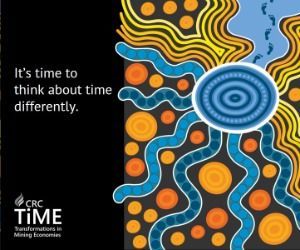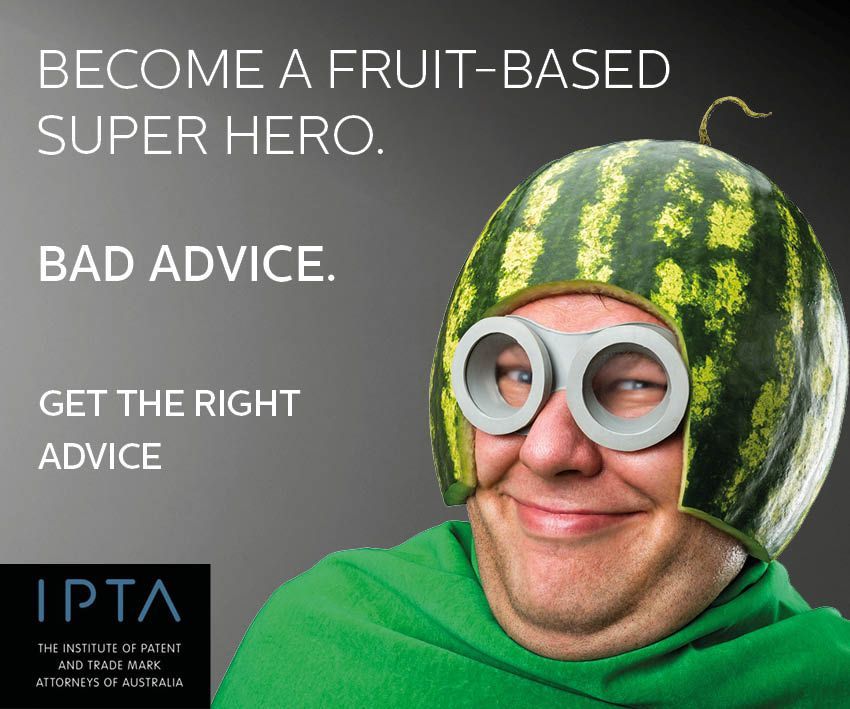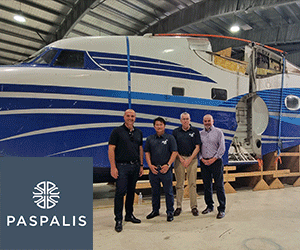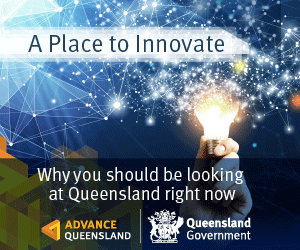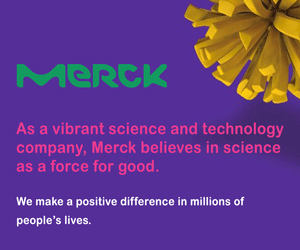1MG FlippingBooks
Queensland: A branch office state in a branch office country
By Ben Kehoe
From gold rush entrepreneurs to 21st century unicorns, Queensland has a rich business history. Ben Kehoe asks: what needs to be in place to fuel growth and innovation in the state into 2050?
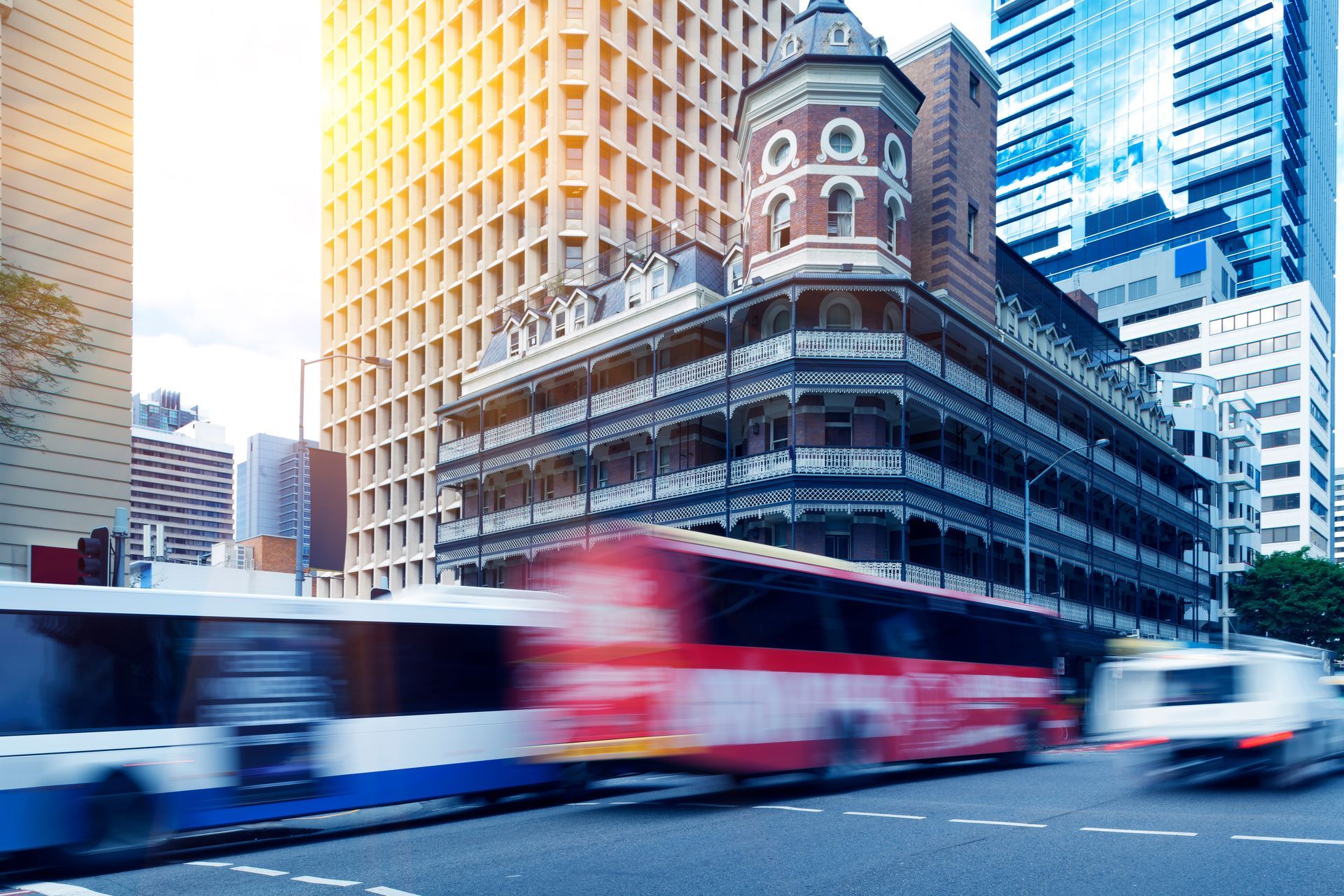
The early days of business
Queensland was the final state to be proclaimed on June 6, 1859, with Brisbane named the capital city.
At its first census on April 7, 1861, the population was 30,059, comprising 18,121 males and 11,938 females.
James Nash’s discovery of gold in Gympie in 1867 led to a gold rush and a significant increase in the state’s population. Were it not for this discovery, the colony might have been bankrupt!
Naturally, the early Queensland economy was based around agriculture and gold mining, yet there were the beginnings of some significant innovative businesses.
Chemist Reginald Larard discovered water rising naturally from the ground near Helidon in the Lockyer Valley and became the first person to bottle and sell it in 1879. Originally Oogar Dang Water, reflecting the Aboriginal name for the springs, it was later marketed as Helidon Spa Water. In the 1950s, the company merged with a competitor to form Helidon Gardner Pty Ltd, trading under the brand name Kirk’s.
The Bundaberg Distilling Company was formed in 1888 to supplement returns from the local sugar industry and utilise molasses. The first Bundaberg Rum was distilled in 1889, and the following year it was being sold interstate; however, the company did not return a profit until 1898.
Victorian brothers Nicholas and Edward Fitzgerald bought the site of a failing distillery on Milton Road in 1877. They opened a brewery named Castlemaine and brewed their first beer, XXX Sparkling Ale, in 1878.
Sarah Jenyns – a mother of eight, competent seamstress and trained surgical maker – first established a business with her husband, Ebenezer, in 1907 in Elizabeth Street, Brisbane.
Within two years, her business, later to become Jenyns Patent Corset Pty Ltd, was so successful that larger premises were acquired in George Street where, at its height, more than 200 machinists were employed.
It is fair to say Sarah is one of Queensland’s first global entrepreneurs, licensing her patents in Australia (1910) and worldwide (1912) to manufacture her products internationally. The business became Australia’s largest bra manufacturer and employed 1,100 people at its peak.
Queensland business leaders
In 2009, the Queensland University of Technology Business School, in conjunction with the Queensland Library Foundation, The State Library of Queensland, and the Queensland Government, established the Queensland Business Leaders Hall of Fame where the stories of businesses and leaders are documented, stored and celebrated.
Each year a significant dinner is held to name new inductees and celebrate the outstanding contributions made by Queensland businesses and leaders.
While the Queensland State Library is home to many extraordinary stories, two stand out: Springfield City Group, the world’s first privately built city; and Australia’s first privately built airport in Toowoomba, the scope and scale of each being well beyond the traditional view of business innovation.
Start-ups and unicorns
The tech sector is an emerging industry of the 21st century – in Queensland, early leaders include Wotif, Next DC, Technology One, Mincom, and Superloop.
Today there are hundreds of examples across multiple industry sectors, including an emerging class of entrepreneurial businesses called “unicorns” – start-ups with turnover exceeding $1 billion.
Queensland unicorns include Logan tech start-up Go1, which provides an online marketplace that connects training organisations and businesses; and SafetyCulture, initially founded to provide safety compliance documents to the Australian market. Vaxxas, Clipchamp, Gilmour Space Technologies, and QBiotics are also noteworthy players, making Brisbane one of the top 100 start-up ecosystems worldwide.
With many significant businesses – including Golden Circle, Theiss and Mincom, to name a few – included in the Queensland Business Leaders list and now owned by national or global entities, Brisbane is now a ‘branch office’ at best.
Great aspirations
In a state with 11 universities and 280 research institutes, there is much intellectual property to develop commercially. So what needs to be in place to create, scale, and retain businesses in Queensland?
2050 aspirations for the state include:
- Renewable projects: Queensland wants half of its energy to be supplied from renewable energy generated in the state, avoiding nearly 14 million tonnes of CO2 emissions. Fifty large-scale renewable projects are operating, under construction or financially committed across the state, and an investment of more than $10 billion will create nearly 8,000 jobs for Queenslanders.
- ‘Silicon Sunshine’: Queensland is home to the Gold Coast Health and Knowledge Precinct, which reflects the emergence of a new knowledge cluster (coined here as ‘Silicon Sunshine’). It is a 10 to 15-year project that will result in a 200-hectare hub for high-tech development and research collaboration in the health and biomedical sector. It has already created 9,200 jobs and will contribute 11,000 more and $1.4 billion to the Queensland economy once completed.
- BioPark Australia: BioPark in Springfield will be a shared growth hub for multiple biologic industries (therapeutics, vaccines, MedTech, diagnostics and wellbeing), providing the complete suite of necessary components and reagents in one place.
The 21st century challenge
Ian Frazer, one of Australia’s preeminent scientists, struggled (and failed) to commercialise a cervical cancer vaccine in Queensland or Australia. In his book, Frazer laments that if we’d been able to take that next step, the vaccine might have been on the market sooner, increasing annual revenue by an estimated $300 million and creating many more jobs.
The conversation about innovation in Queensland and Australia, and the commercialisation of Australian R&D, raises some big questions – questions that prompted the establishment of the Transitional Research Institute in Queensland, led by Frazer.
There are positive signs in Queensland with renewable energy and biotechnology, and around a dozen priority industries, including advanced manufacturing, biotechnology, defence and aviation, the digital economy, and renewable energy.
However, the question remains: does Queensland have the ‘mongrel’ required to be a genuine technology hub for South-East Asia, and become a scale-up hub in Australia? Or will it remain a ‘branch office’ state in a ‘branch office’ country?
Ben Kehoe is a thought leader, business strategist, coach and mentor, and the author of Innovation in Australia: Creating Prosperity for Future Generations.


